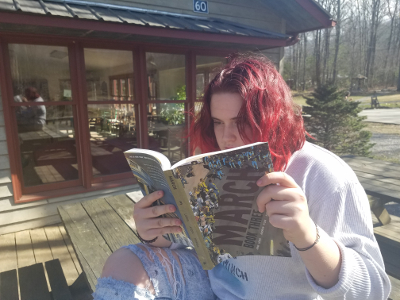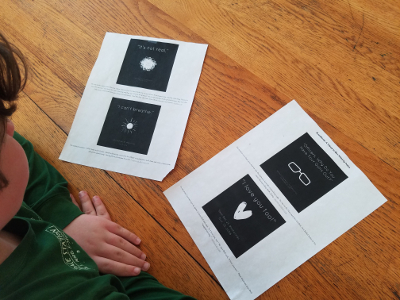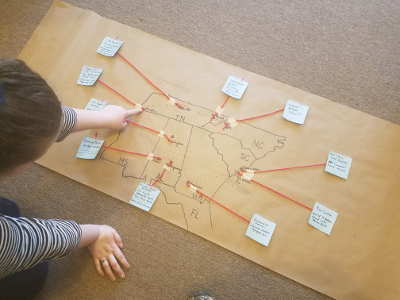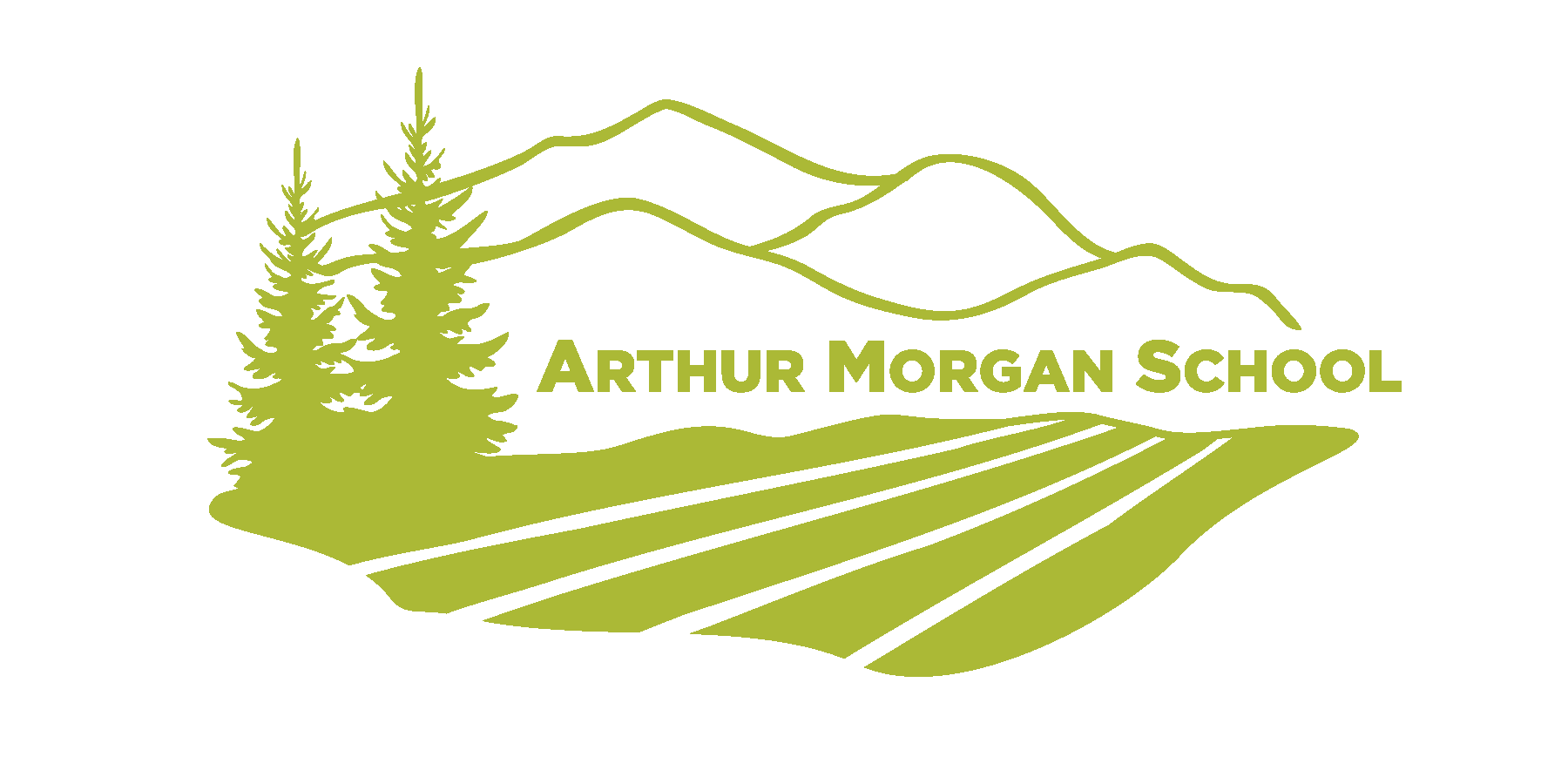Teaching Civil Rights to Middle School

If middle schoolers could learn about anything, what would they choose? At Arthur Morgan School, we ask our students this question every year. During the 18 Day Field Trip unit, our students help develop their classes by providing input on what they want to learn. Our teachers then create engaging courses and 18 day long road trips which cover the topics they chose.
Based on typical middle school conversations, you might guess they’d select video games, music, or board games to study. The truth, however, is that their interests run much deeper. When given the choice, our middle schoolers chose a topic this year that is at the center of much our country’s tensions right now. They chose to study the Civil Rights Movement.
Middle Schoolers are Naturally Interested in Social Issues
As young adolescents, middle schoolers are transitioning from being children to entering the world of adults. As a result, their interests are changing, too. They are discovering that the world is more complex. It is no longer black and white with heroes on one side and villains on the other. Issues like racism become more challenging to understand and navigate. Middle schoolers want to engage with the larger world and they want to learn about these issues so they can do so successfully.
Civil Rights in the Classroom
 This year our students expressed an interest in learning more about the country’s current racial tensions and the #BlackLivesMatter movement. In response, we created 18 day field trip focused on civil rights. During this trip, students will see first hand how racism still plays a major role in America’s culture. To prepare for the trip, the group spent that last four weeks looking at Black history as an integral part of American history. They examined the slave trade, the Civil War and Reconstruction, and the Civil Rights Movement. Students engaged with these topics as a portal to see how these past events led to the tensions still present in our society.
This year our students expressed an interest in learning more about the country’s current racial tensions and the #BlackLivesMatter movement. In response, we created 18 day field trip focused on civil rights. During this trip, students will see first hand how racism still plays a major role in America’s culture. To prepare for the trip, the group spent that last four weeks looking at Black history as an integral part of American history. They examined the slave trade, the Civil War and Reconstruction, and the Civil Rights Movement. Students engaged with these topics as a portal to see how these past events led to the tensions still present in our society.
The class took on the complexity of terms like “freedom,” “equality, and “rights” and what these terms mean to different people. It studied the cultural history of black people in America looking at their food, music and religious practices. During the #BlackLivesMatter Week of Action (February 5-10), students learned the 13 guiding principles of the movement. They did an exercise that highlighted the last words spoken by victims of police shootings.
Academically, the students also learned several valuable lessons. They learned better methods of conducting and presenting research. They developed the ability to discern between primary and secondary sources, determining which were reliable or unreliable. This ability to critically think about who is providing their information will be an important skill for them as they engage with other social issues in the future.
Learn more about our 18 Day Trips!
Following the Civil Right Trail
With a strong historical foundation in place, it is now time for the class to hit the road. Starting next week, they will be traveling throughout the Southeast U.S. to important sites of the Civil Rights Movement. They will maintain the 50+ year AMS tradition of visiting Penn Center, an important education and retreat center in South Carolina. Penn Center was the first school in the South created to instruct former slaves. It was supported by Quaker abolitionists and later visited by movement leaders such as Martin Luther King, Jr.

They trip will also participate in the annual re-enactment of the march across the bridge in Selma, AL. They will visit Koinonia Farm in Georgia, which is not only the birthplace of Habitat for Humanity, but also an important location for the civil rights movement. Since its beginning in 1942, Koinonia Farm hired black and white workers and paid them equal wages. This attracted violence from the KKK in 1950s, yet Koinonia held its ground. The community was inspiring to AMS’s founder Elizabeth Morgan when she was working there.
While at Koionia, students will be participating in the Clarence Jordan Symposium on March 11th. They will listen to keynote speakers like Rev. Dr. William J. Barber II and take part in discussions about how to “…build up a new world of peace, community, and racial justice today.”
The trip will also travel to Memphis where they will attend a #BlackLivesMatter training and engage with other #BlackLivesMatter groups in Birmingham, Montgomery, Jackson, Charleston, and more. Through a mix of cultural and service learning opportunities, students will gain a deeper and more authentic understanding of the historical and continuing struggle for civil rights.
Follow Our Progress
You can follow the trip’s progress on the school’s Facebook page. We will be posting student entries and pictures from their experience on the road daily. If you are interested in seeing the exciting ways our students are learning about civil rights, please follow us and stay engaged.
-by Nicholas Maldonado
